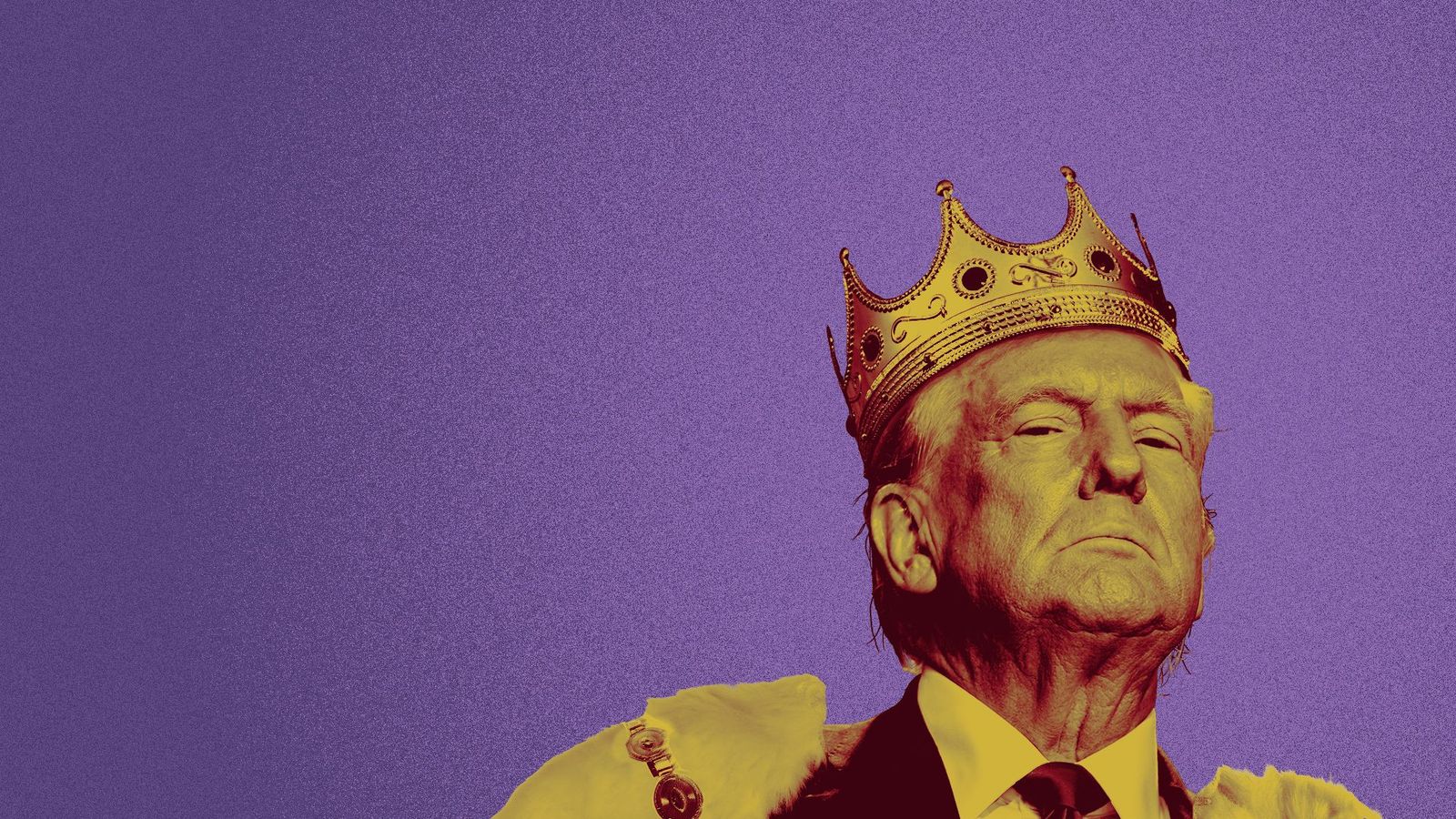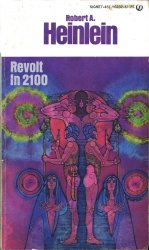I’m not the first to make this observation. Trump’s rise echoes a famous 1935 novel called (ironically) It Can’t Happen Here, by Sinclair Lewis. Wikipedia:
The novel describes the rise of Berzelius “Buzz” Windrip, a demagogue who is elected President of the United States, after fomenting fear and promising drastic economic and social reforms while promoting a return to patriotism and “traditional” values. After his election, Windrip takes complete control of the government via self-coup and imposes totalitarian rule with the help of a ruthless paramilitary force, in the manner of European fascists such as Adolf Hitler and Benito Mussolini.
Americans brag about their system of checks and balances in our government, but look how quickly some of those balances are being chipped away. Note how in this book’s description, and in authoritarians who have come to power in the last decade or two, how they appeal to “traditional” values.

NY Times, 1 Jul 2024: Trump Amplifies Calls to Jail Top Elected Officials, Invokes Military Tribunals, subtitled “A post that Mr. Trump circulated on Sunday called for Liz Cheney to be prosecuted by a military court reserved for enemy combatants and war criminals.” [shared link]
Former President Donald J. Trump over the weekend escalated his vows to prosecute his political opponents, circulating posts on his social media website invoking “televised military tribunals” and calling for the jailing of President Biden, Vice President Kamala Harris, Senators Mitch McConnell and Chuck Schumer and former Vice President Mike Pence, among other high-profile politicians.
Mr. Trump, using his account on Truth Social on Sunday, promoted two posts from other users of the site that called for the jailing of his perceived political enemies.
One post that he circulated on Sunday singled out Liz Cheney, the former Wyoming congresswoman who is a Republican critic of Mr. Trump’s, and called for her to be prosecuted by a type of military court reserved for enemy combatants and war criminals.
\
And this.

Axios, 2 Jul 2024: Behind the Curtain: Trump’s imperial presidency in waiting
The big picture: Trump promises an unabashedly imperial presidency — one that would turn the Justice Department against critics, deport millions of people in the U.S. illegally, slap 10% tariffs on thousands of products, and fire perhaps tens of thousands of government staff deemed insufficiently loyal.
- He’d stretch the powers of the presidency in ways not seen in our lifetime. He says this consistently and clearly — so it’s not conjecture.
- You might like this or loathe this. But it’s coming, fast and furious, if he’s elected.
- Thanks to Monday’s Supreme Court ruling, Trump could pursue his plans without fear of punishment or restraint.
Followed by a list of first steps Trump would take if re-elected. And ending:
The bottom line: Think of Trump 2025 as a better prepared, much better organized, much more powerful version of Trump 2017 — minus Republican brakes and any mystery about immunity.
And half the population of the US is apparently cool with this. Again: democracy is an idealistic aberration. Most people are comfortable with small town values and authoritarian leaders. There may be no escape.
\\

Science fiction has of course dealt with such potential futures. The go-to title among sf commentators for our current situation is an early novella by Robert A. Heinlein, “If This Goes On–“, which again deals with a religiously-inspired dictator. I reviewed the book it’s in here, back in 2015.
\\
Thus, for example. How to tell people you know nothing about science, without using those words.
Media Matters, 2 Jul 2024: Candace Owens: “I’m not a flat earther. I’m not a round earther. Actually, what I am is I am somebody who has left the cult of science.”, subtitled “Science, what it is actually, if you think about it, is a pagan faith”
No, it’s not, and I still struggle to understand why people would think so, given the apparent evidence of the world around them, built by technology enabled by science. Go ahead, post your anti-science memes on your iPhones, unironically. My explanation is base human nature, that prioritizes community values over evidence from the outside world. That there are so many people like this explains Trump, and the numerous right-wing resurgences around the world.
\\
One more piece, a long one, for today. 18 screens. 4700 words. “Now is not a back-patting moment.”

NY Times, Carlos Lozada, opinion columnist, 2 Jul 2024: Is America a City on a Hill or a Nation on the Precipice?
Here’s a sample.
In his 1996 book “American Exceptionalism: A Double-Edged Sword,” Lipset concluded that the United States was indeed a global outlier, though not always in a good way. “We are the worst as well as the best,” he wrote, “depending on which quality is being addressed.”
The negative traits Lipset identified include income inequality, elevated crime, low political engagement, adamant litigiousness and a moralizing, intolerant streak, all of which, paradoxically, flow from “the norms and behavior of an open democratic society that appear so admirable.” Lipset contended that the American creed — which he defined as a mix of liberty, egalitarianism, individualism, populism and laissez-faire — “fosters a high sense of personal responsibility, independent initiative and voluntarism even as it also encourages self-serving behavior, atomism and a disregard for communal good.”
In other words, the downside to the United States doesn’t just coexist with the upside; it is inextricable from it. How are the accounts settled between upside and downside, between possibilities and disappointments? American exceptionalism may be a double-edged sword, but it’s not always clear which edge cuts deeper.
After much discussion, the writer concludes,
Yet the Trumpian alternative does not reaffirm exceptionalism; it undercuts exceptionalism. It assumes that all countries, including ours, are much the same, struggling to beat one another out, to be bigger and stronger — to win. That notion of greatness, Van Engen writes, “has nothing to do with historic ideals or bedrock values rooted somewhere deep in the American past.” And when national exceptionalism is defined by material gain and relative standing, when our expanding “we” gives way to the “I” of a singular leader, America’s usable past becomes a disposable one.
Yet again: Trump appeals to the primitive tribal identity, in which to win others must lose, a value system that does not work in the modern global society, in which everyone needs to cooperate to fix existential problems.






